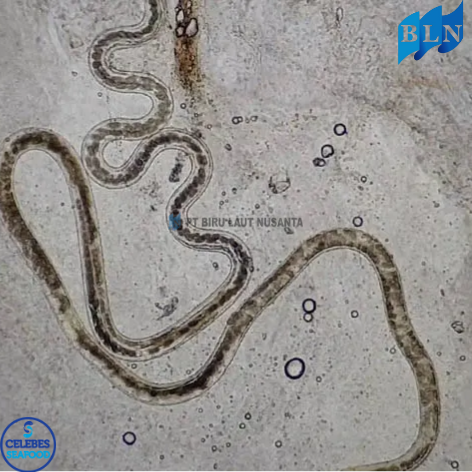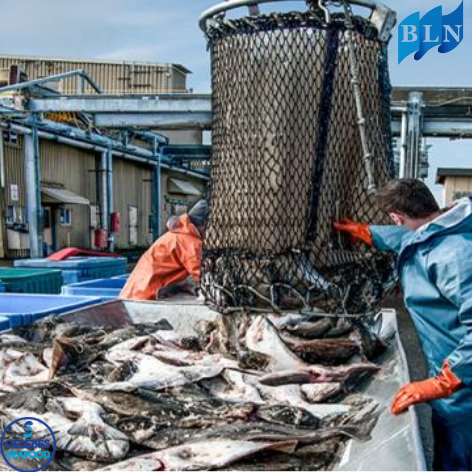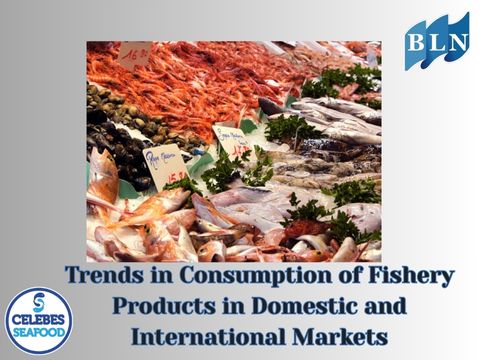The Future of the Maritime Economy: Transformation and Innovation in the Fisheries Industry
By. Alfian - 16 Apr 2025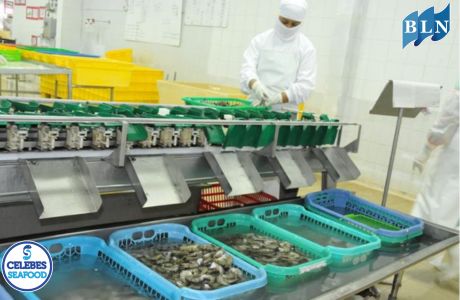
lautnusantara.com The future of the maritime economy looks very promising and dynamic, driven by global population growth, increasing demand for resources, technological advancements, and increasing awareness of sustainability. As the world's largest archipelagic country, Indonesia has enormous potential to capitalize on these global trends and become a key player in the global maritime economy. Transformation and innovation are the main drivers of change and progress in the global fisheries industry, including in Indonesia. Amid challenges such as a growing population, pressure on natural resources, climate change, and increasingly complex market demands, adaptation through transformation and adoption of innovation is key to the sustainability, efficiency, and competitiveness of the fisheries sector.
1. Global Trends Influencing the Future of the Maritime Economy:
- Increasing Demand for Seafood: The world's growing population will increase the demand for protein from marine sources. Sustainable aquaculture and well-managed capture fisheries will be key.
- Focus on Sustainability (Blue Economy): The blue economy will be the mainstay, emphasizing the sustainable use of marine resources for economic growth, social welfare, and ecosystem health.
- Technological Advances:
a. Digitalization: Use of IoT, big data, AI, and blockchain to improve efficiency, transparency, and traceability across maritime sectors.
b. Automation and Robotics: Applications in shipping, resource exploration, and aquaculture.
c. Marine Renewable Energy: Development of offshore wind energy, wave energy, and tidal energy.
d. Marine Biotechnology: Utilization of marine organisms for pharmaceutical, cosmetic, and other industries. - Climate Change: Adaptation to the impacts of climate change (sea level rise, changing weather patterns, ocean acidification) will be a priority. Development of nature-based solutions and green infrastructure will be essential.
- Enhanced Maritime Trade: Despite geopolitical challenges, global trade via sea lanes is expected to continue to increase, requiring efficient port infrastructure and good connectivity.
- Sustainable Marine Tourism: Demand for responsible and environmentally friendly marine tourism will continue to grow, providing economic opportunities for coastal communities.
- Deep Sea Resource Exploration: With increasingly advanced technology, the potential for exploitation of deep sea mineral and genetic resources will become increasingly attractive, but it needs to be regulated very carefully to protect the environment.
Here are some of the key areas of transformation and innovation that are and will continue to shape the fisheries industry:
1. Digitalization and Information Technology:
- Mobile Apps for Fishermen and Farmers
- Sensors and IoT (Internet of Things)
- Big Data and Analytics
- E-commerce Platforms
- Blockchain
2. Innovation in Aquaculture:
- Recirculating Aquaculture Systems (RAS)
- Aquaponics
- Biofloc
- Integrated Multi-trophic Aquaculture (IMTA)
- Genetic Breeding
- Alternative and Sustainable Feeds
3. Responsible Capture Fisheries Practices:
- Selective Fishing Gear
- Ecosystem-Based Management
- Monitoring Technologies
- Science-Based Quotas
4. Value-Added Product Development and Diversification:
- Advanced Processing
- By-Product Utilization
- New Product Development
5. Renewable Energy and Energy Efficiency:
- Use of Solar and Wind Energy
- More Efficient Vessel Designs
If you are interested in our product Coral Trout Fillet Skin On, CORAL TROUT WGG WHOLE GILLED GUTTED please do not hesitate to contact us through email and/or whatsapp.
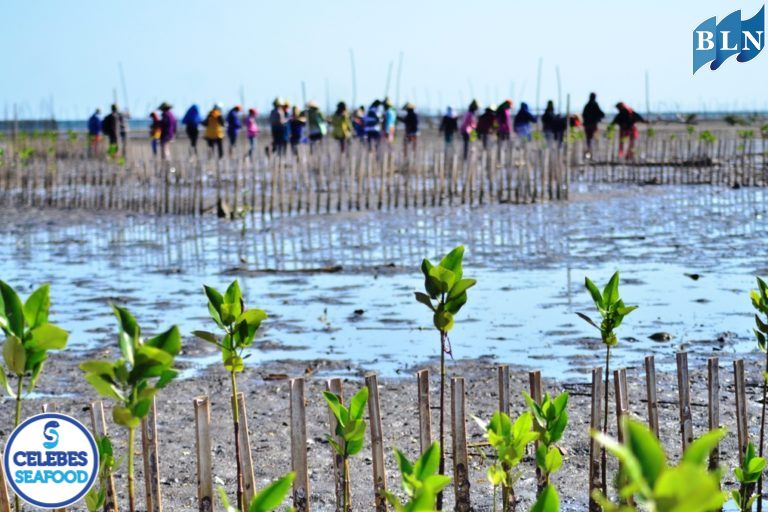
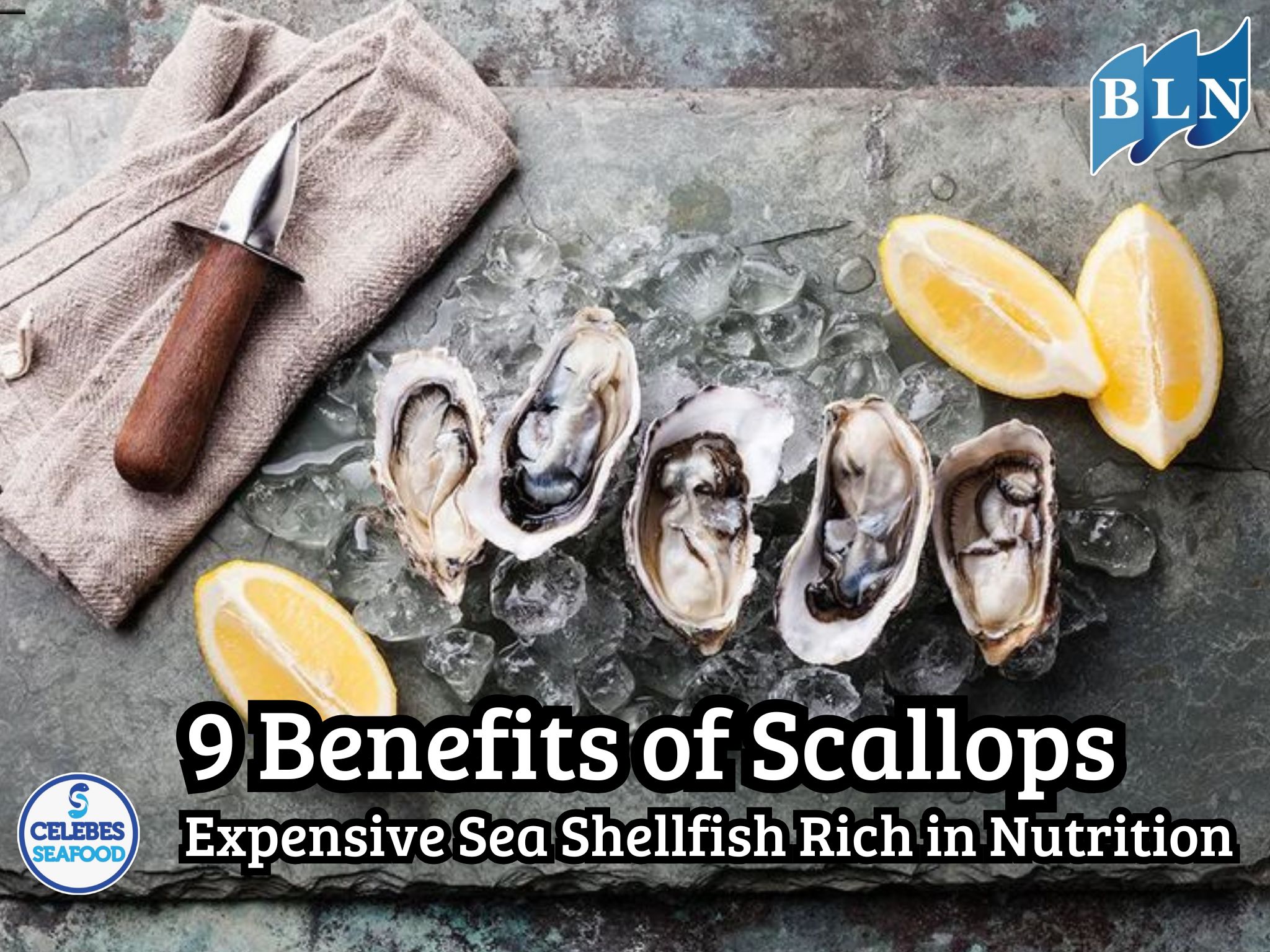
.jpg)
